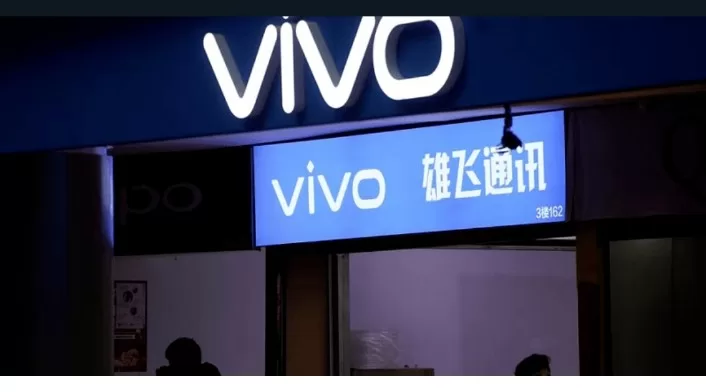In a significant development, India’s financial crime agency has apprehended four high-ranking executives of the Chinese smartphone giant Vivo, including a Chinese national. This move intensifies the legal woes faced by the Chinese tech behemoth within the Indian subcontinent. It unfolds against the backdrop of growing strains between Beijing and New Delhi, encompassing border disputes and India’s heightened scrutiny of Chinese corporate activities and investments.
Vivo, along with India’s Enforcement Directorate (ED), has remained tight-lipped in response to media inquiries, refraining from immediate comment via email or telephone.
The executives find themselves ensnared in an ongoing legal saga dating back to 2022 when the ED conducted a series of raids on the company’s premises, leveling accusations of money laundering. Vivo vehemently denies these allegations and insists it has diligently cooperated with the authorities, providing comprehensive information, and pledging unwavering commitment to full legal compliance. Worth noting is that Vivo is under the umbrella of China’s BBK Electronics, a conglomerate that also oversees popular brands like Oppo and Realme within the Indian market.
As per data from Counterpoint, Vivo holds the position of India’s second-largest smartphone brand, securing a formidable 17 percent market share in shipments, with Samsung leading the pack.
A well-placed source revealed that Vivo’s executives were summoned for questioning at the ED’s Delhi office and subsequently taken into custody. Their appearance before the court is scheduled for later today.
This ordeal traces back to 2022 when the ED froze 119 bank accounts linked to Vivo’s Indian operations. However, a court decision later revoked this action. The ED’s claims center on Vivo India’s alleged unlawful transfer of a staggering 624 billion rupees (equivalent to $7.5 billion) to China. This purported move was ostensibly aimed at concealing substantial losses incurred in India, potentially evading tax liabilities.
In another development, Indian law enforcement authorities have formally accused Vivo of facilitating illicit fund transfers to a news portal under investigation for disseminating Chinese propaganda. This recent revelation further compounds Vivo’s predicament, although the company has chosen to remain silent on this particular matter.
The diplomatic relations between India and China have experienced a steady deterioration since a violent military clash erupted in 2020 along their disputed Himalayan border, resulting in casualties on both sides. In the wake of this incident, India imposed bans on numerous Chinese applications, including TikTok, citing national security concerns. The Indian government has also tightened its scrutiny of incoming investments from its neighboring superpower.
In a recent episode, automaker BYD’s ambitious proposal to inject $1 billion into the Indian market for the production of electric vehicles and batteries faced heightened scrutiny from New Delhi. Ultimately, this led the electric vehicle manufacturer to abandon its plans, as reported by Reuters in July.
By Reuters



